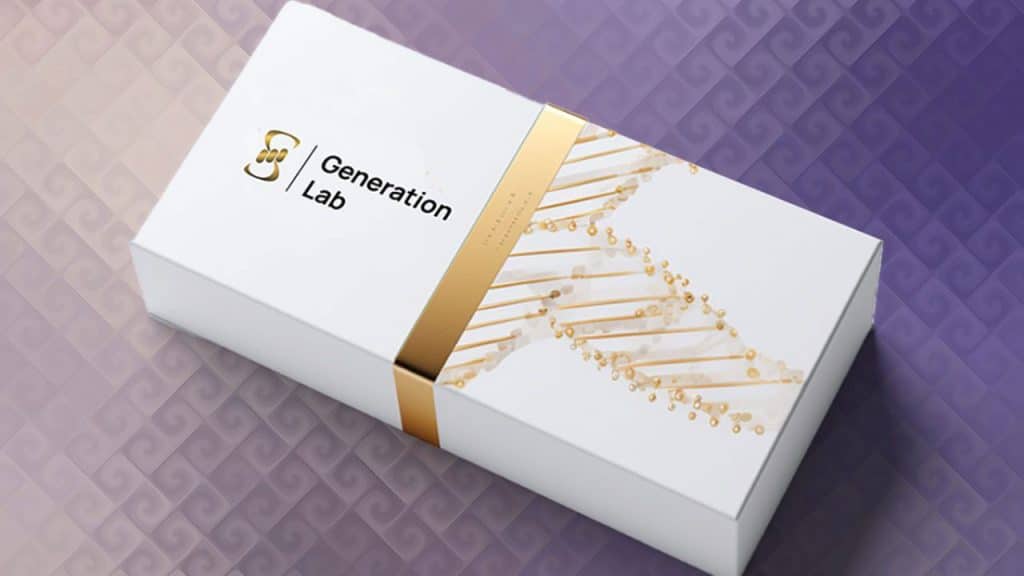Biological age is one of the hottest ways of measuring our health, but that doesn’t make it perfect. It has its flaws. The quest to improve how we assess health is ongoing, and one company hopes it can move us forward by basing its calculations on something called “biological noise” rather than the standard biological clocks (https://longevity.technology/news/can-measuring-biological-noise-tell-us-our-true-biological-age/).
Most of the biological clocks that “measure” biological age aren’t so much measuring it as estimating it. They use math to predict the pattern of your aging. According to Alina Rui Su, one of the founders of a longevity company called Generation Labs, this approach is inherently flawed because it assumes we age in a linear manner. Her example is gray hair. If we aged linearly, we’d be “getting one grey hair per day throughout your life!”
Clearly, it’s more complicated than this. We don’t age at exactly the same rate every day, and not every part of the body is moving at the same speed. Sometimes, if we make lifestyle and environmental changes, we may even reverse aspects of aging. How can we make our biological age measurement more accurate? Generation Labs believes biological noise is the key.
Generation Labs is using biological noise as a term for the dysregulation of cytosines. Cytosines are a component of DNA that are supposed to stay the same for all our lives. When they start sending out additional noise, it may be a sign that you are developing a disease like diabetes or Alzheimer’s and that’s why the gene expression is changing.
We’ve known about biological noise for a while and theorized that it may be useful as an indicator of health, but knowing how to quantify and measure it is another thing, as is understanding how to assess its relevance. Recent research at UC Berkeley by another of Generation Labs’ founders, Professor Irina Conboy, may be the next step forward, allowing us to detect the signals of biological noise and how they impact the trajectory of your health.
It’s a complex process that is not so much about giving biological age as a definitive number as it is about evaluating a range of risk factors. Generation Labs plans to offer a subscription service so you can take multiple tests per year, followed by telehealth clinics to explain the results. Hopefully, that will lead to personalized health recommendations.




